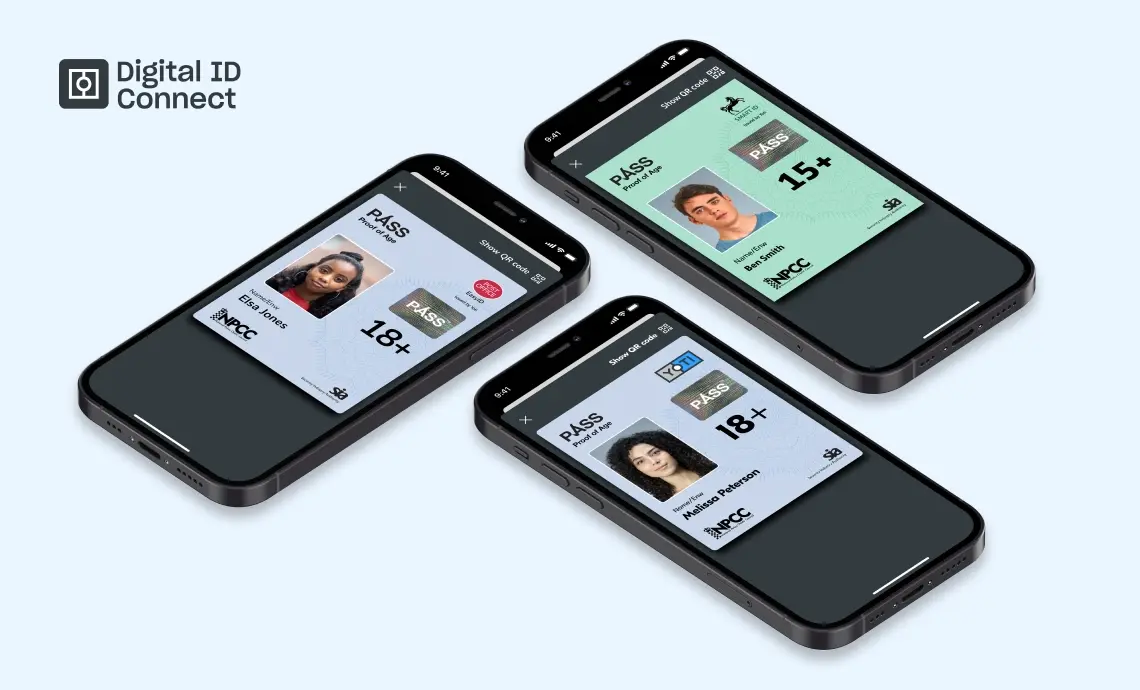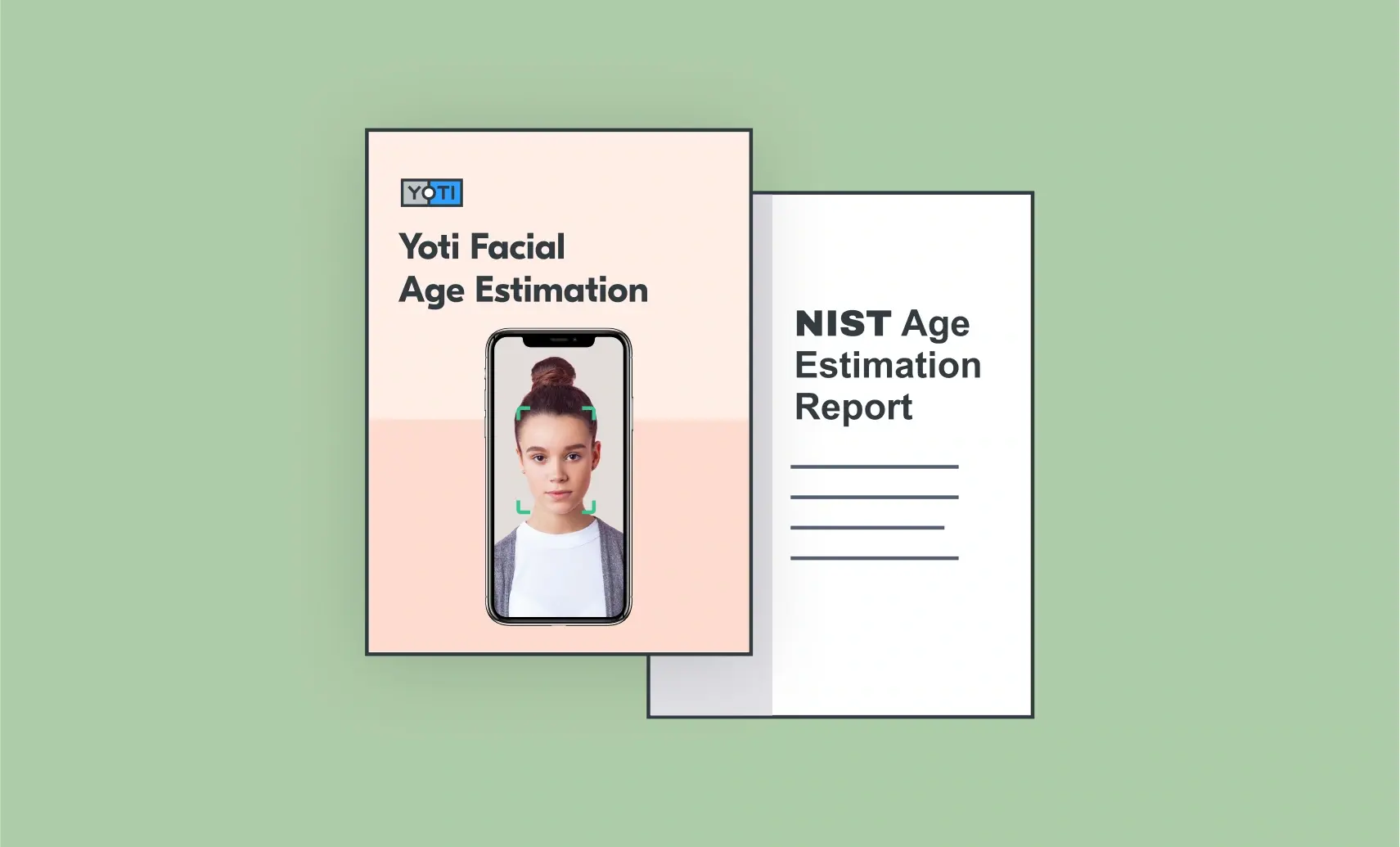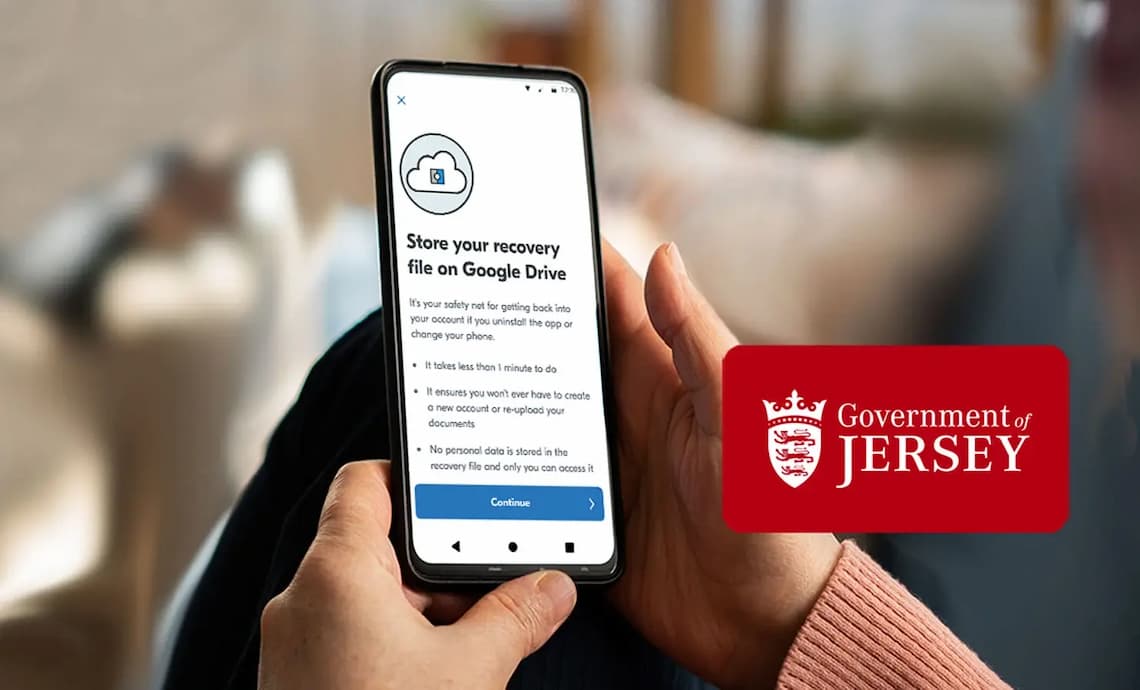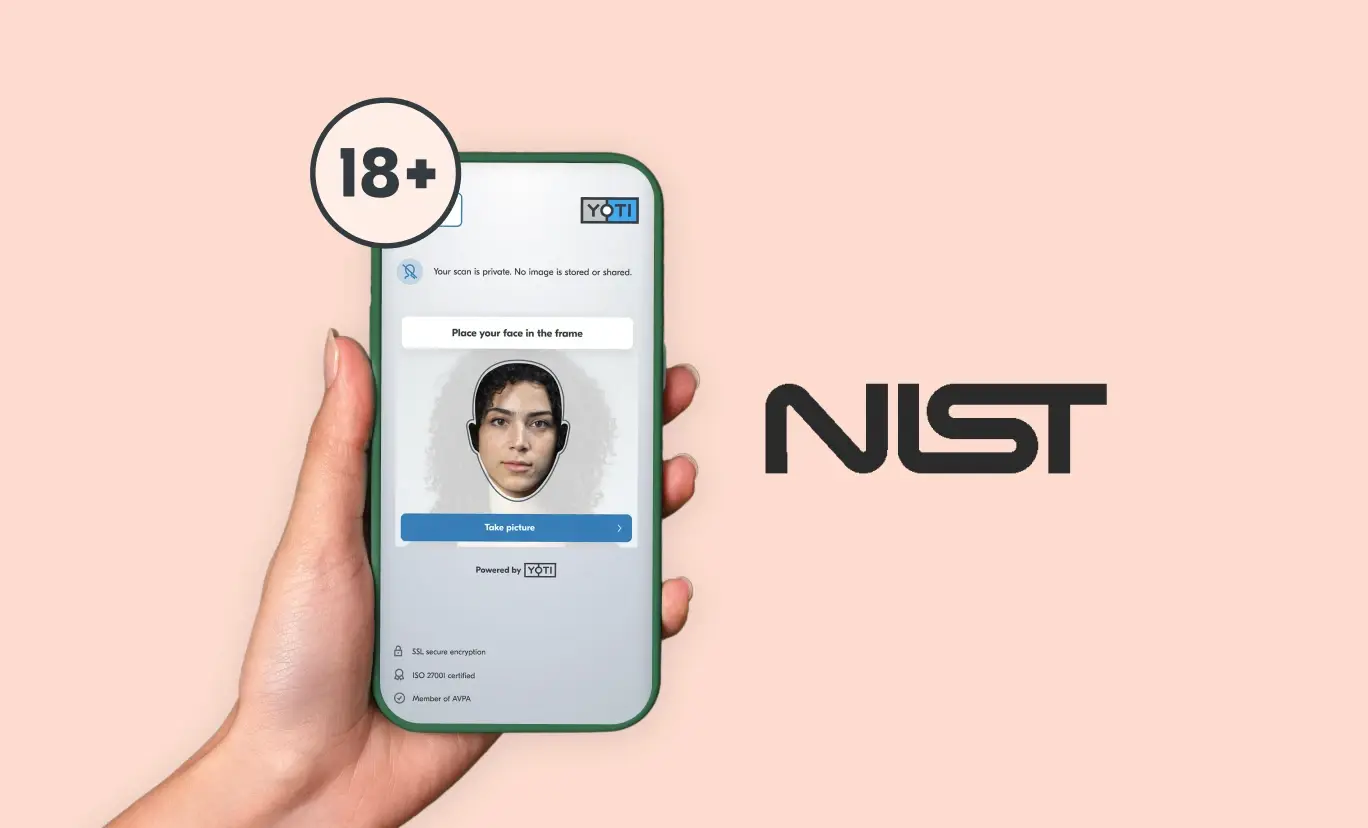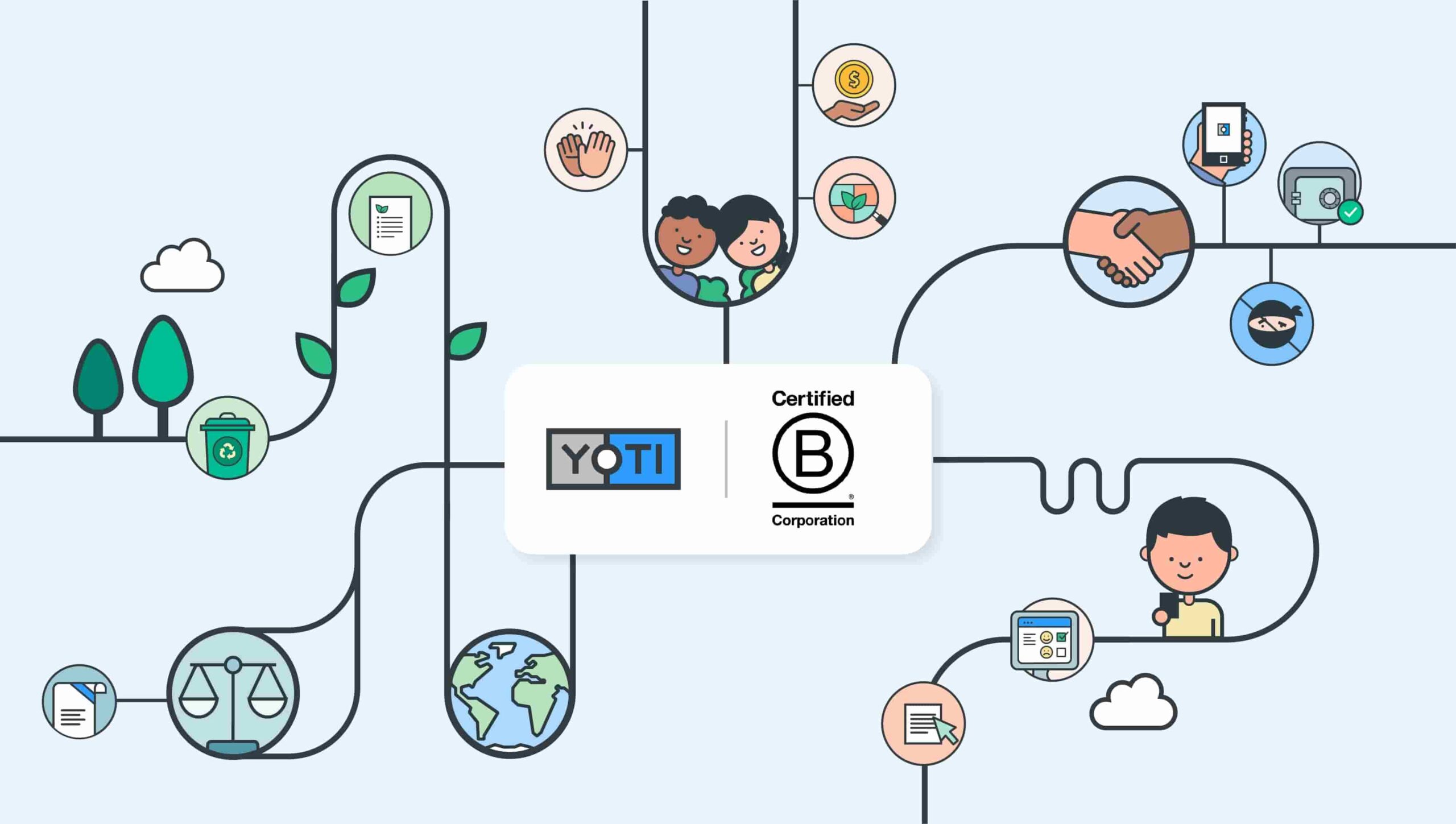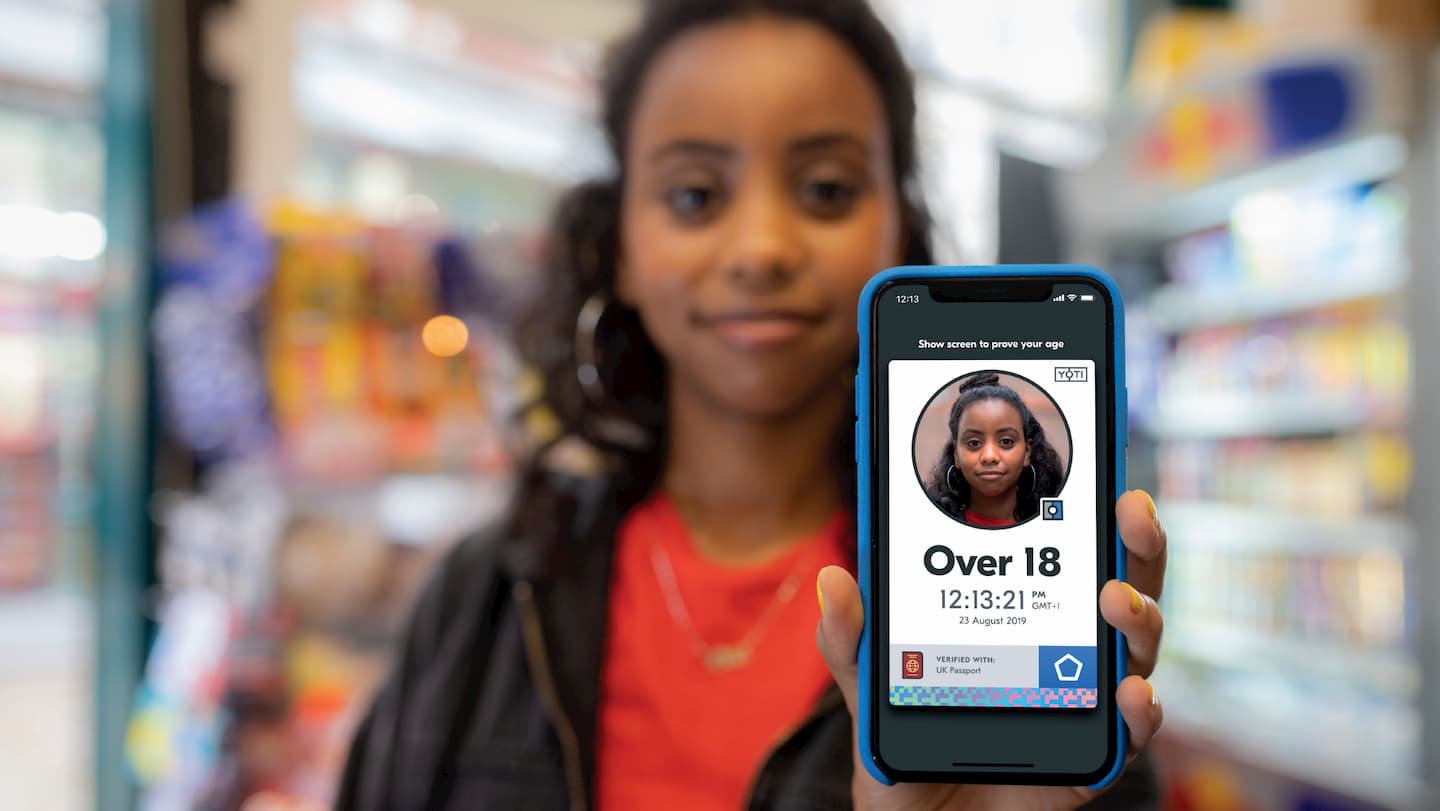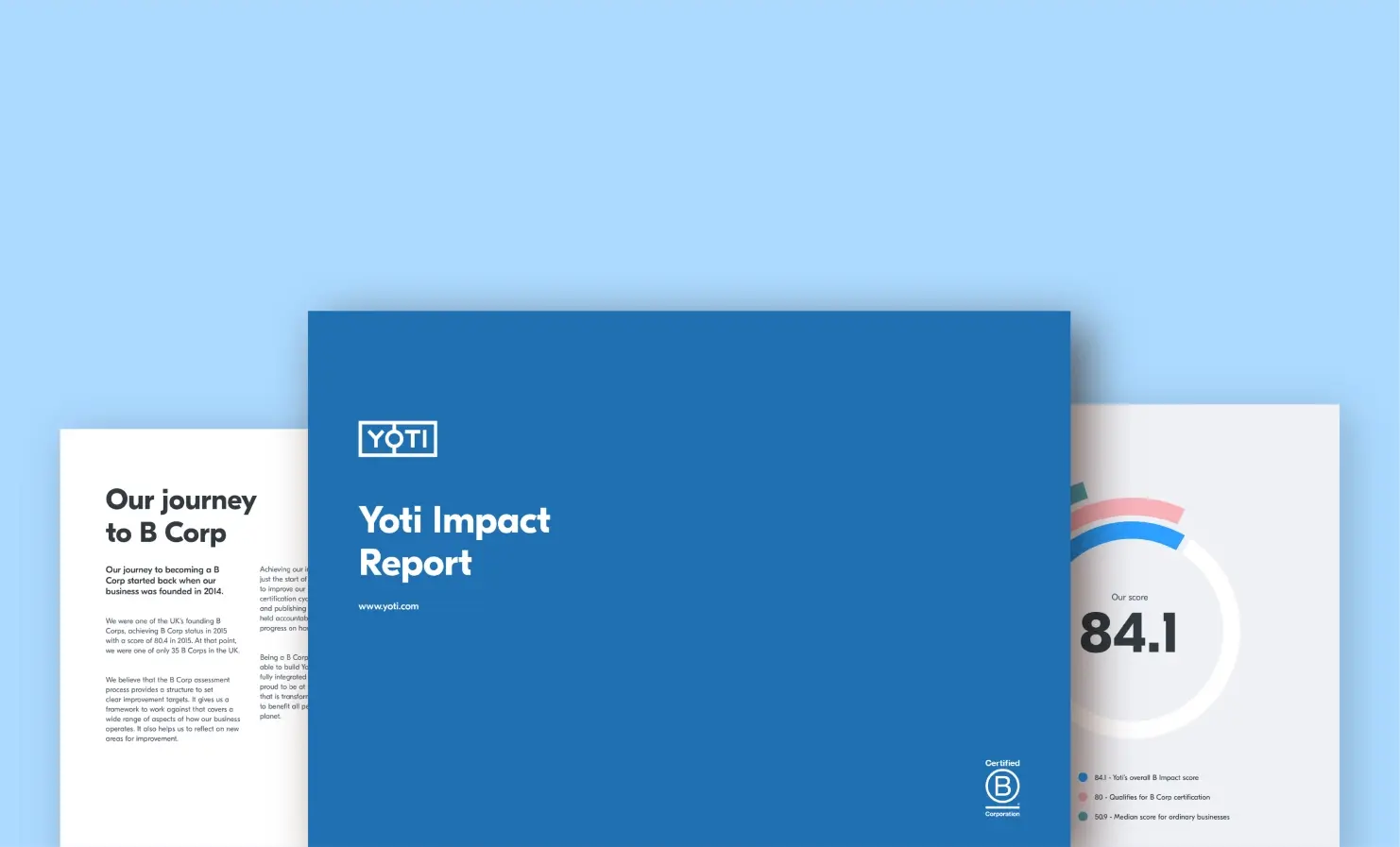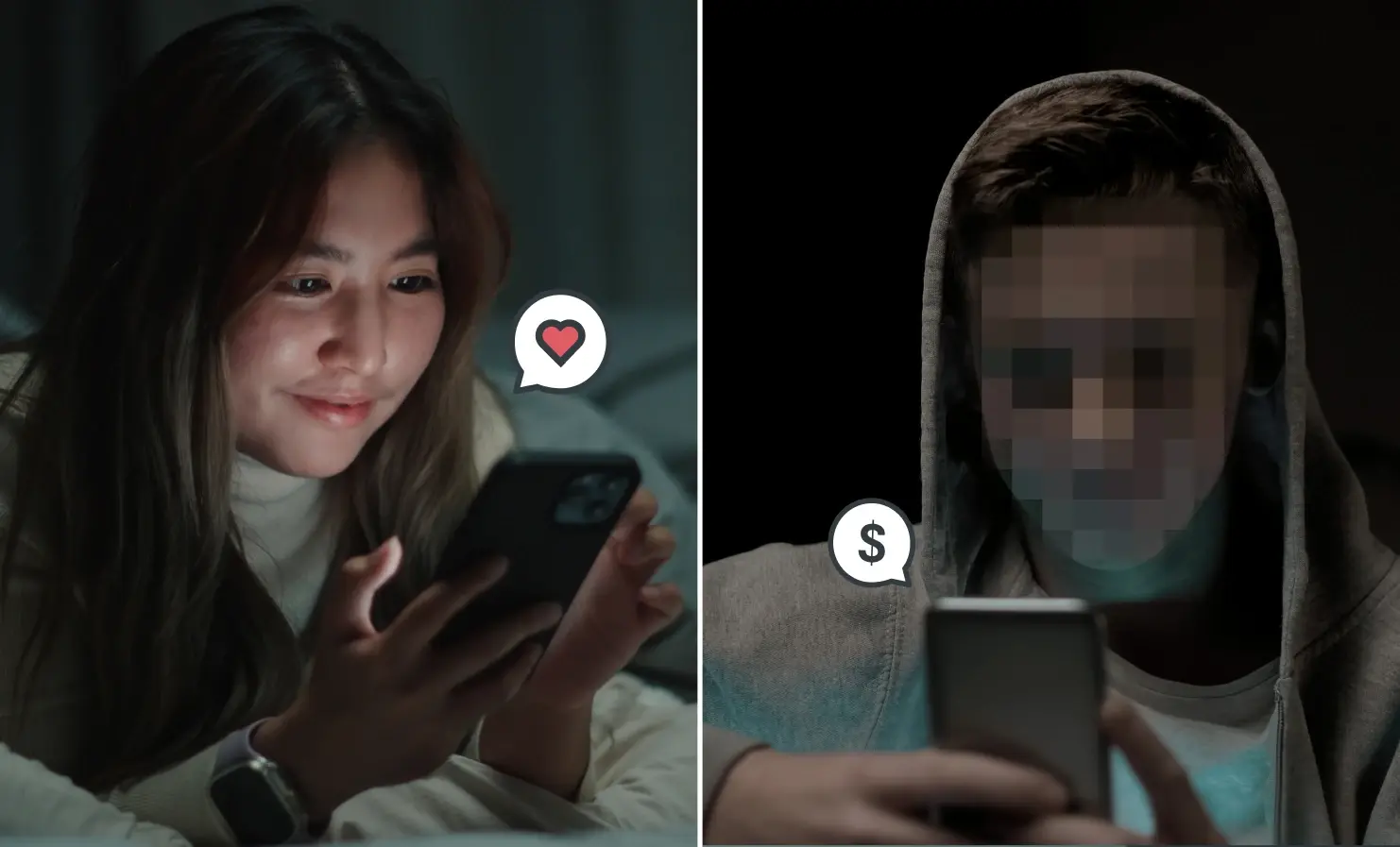Yoti blog
Stories and insights from the world of digital identity
Thoughts from our CEO
In this blog series, our CEO Robin Tombs will be sharing his experience, whilst focusing on major themes, news and issues in the world of identity verification and age assurance. There’s been a lot about facial age estimation this month, with Robin talking about its use by Meta in Australia as well as our facial age estimation demo site. He also chats about Yoti’s NIST assessment and how Digital IDs can be used to combat fraud. Meta introduces facial age estimation in Australia We’re delighted Meta is rolling out Yoti’s facial age estimation on Facebook, starting in Australia.
Digital IDs from Yoti, Post Office and Lloyds Bank are accredited by PASS for proof of age
London, UK – 25th June – The three Digital ID Connect apps – Yoti ID, Post Office EasyID and Lloyds Bank Smart ID – are now accredited by the UK’s national Proof of Age Standards Scheme (PASS). This gives UK businesses selling age-restricted goods and services more trust in Digital IDs, having confidence they are genuine and that customers have been verified to a high standard. Each of the Digital ID apps includes the approved PASS hologram. In the UK, Yoti ID, Post Office EasyID and Lloyds Bank Smart ID can be used for: Buying all age-restricted goods including
Meet the Guardians: Dr. Sindhu Joseph
At Yoti, our Guardian Council helps us to navigate the complex world of identity. They are an independent board of advisors who act as a moral sounding board for the company. We’ve had a chat with our newest Guardian, Dr. Sindhu Joseph, to find out more about why she chose to be part of Yoti’s Guardian Council. 1) Why did you decide to join Yoti’s Guardian Council? When Yoti reached out to me to join the Guardian Council, I was fascinated by the company’s vision and what Yoti is trying to achieve, particularly from a company-building perspective. Today,
Why do Yoti facial age estimation results published by NIST differ to those reported by Yoti in its white papers
In September 2023, we submitted our facial age estimation model to the US National Institute of Standards and Technology (NIST), as part of a public testing process. This is the first time since 2014 that NIST has evaluated facial age estimation algorithms. NIST age estimation reports are likely to become a globally trusted performance guide for vendor models. NIST assessed vendor Facial Age Estimation models using 4 data test sets at certain image sizes: NIST provides some example images: NIST note in their report that age estimation accuracy “will depend on
Streamline your Jersey tax returns: How to recover your Digital ID app
As the tax filing deadline approaches in Jersey, it’s time to gear up with the necessary tools for filing your returns. One such tool is the Yoti digital ID app, which offers a convenient way to verify your identity and submit your tax return online. However, many residents encounter a common hurdle: they have got a new phone or deleted the app on their current phone, only to realise they need it again to fill the latest year’s tax return. This leaves them stuck and unable to reinstall the app. But there’s a simpler solution to handle this. We’ll
Yoti facial age estimation evaluated in the NIST Face Analysis Technology Evaluation program
Yoti proven to be the most accurate facial age estimation algorithm for those aged 13-16, a key age group for online age regulations and child safety 30th May 2024, London, UK – Digital identity company Yoti has had its facial age estimation technology independently evaluated by the National Institute of Standards and Technology (NIST), a US agency who provide standards and certification for businesses. The standards and measurements set by NIST are used as a benchmark for technological innovations globally. NIST evaluated Yoti’s facial age estimation as part of their Face Analysis Technology Evaluation (FATE) program. NIST has
Browse by category
Essential reading
Get up to speed on what kind of company we are


